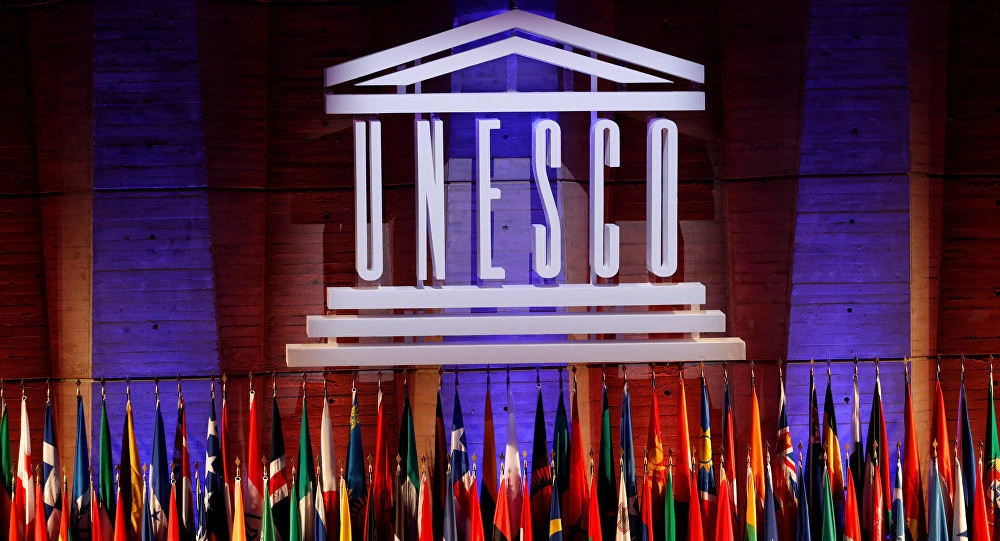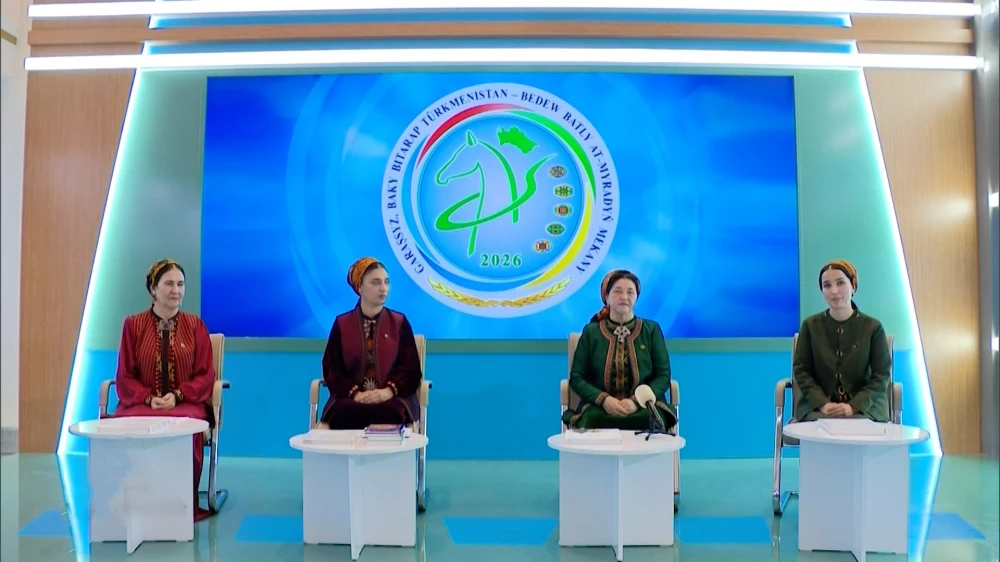
2061
Convention on the Recognition of Qualifications concerning Higher Education in the European Region
The Lisbon Recognition Convention, officially the Convention on the Recognition of Qualifications concerning Higher Education in the European Region, is an international convention of the Council of Europe elaborated together with the UNESCO. This is the main legal agreement on credential evaluation in Europe. The Convention was signed on April 11, 1997 y. It is located in Lisbon, Portugal. There are 54 countries (all Council of Europe member states, expect Monaco and Greece), as well as Australia, Belarus, Canada, Holy See, Israel, Kazakhstan, Kyrghyz Republic, New Zealand and Tajikistan.
As of 2012, the convention has been ratified by all 47 member states of the Council of Europe in Strasbourg expect for Greece and Monaco. It has also been ratified by the Council of Europe non-member states Australia, Belarus, Canada, the Holy See, Israel, Kazakhstan, Kyrgyzstan, Tajikistan and New Zealand. The United States has signed but not ratified the convention.
The Convention stipulates that degrees and periods of study must be recognised unless substantial differences can be proved by the institution that is charged with recognition. Students and graduates are guaranteed fair procedures under the convention. It is named after Lisbon, Portugal, where it was signed in 1997, and entered into force on 1 February 1999.
The convention established two bodies which oversee, promote and facilitate the implementation of the convention:
1. The Committee of the convention on the Recognition of Qualifications concerning Higher Education in the European Region.
2. The European Network of Information Centres on Academic Mobility and Recognition ( The ENIC Network ). The committee is responsible for promoting the application of the convention and overseeing its implementation. To this end, it can adopt, by a majority of the Signatory Parties, recommendations declarations, protocols and models of good practice to guide the competent authorities of the Parties. Before making its decisions, the Committee seeks the opinion of the ENIC Network. As for the ENIC Network, it upholds and assists the practical implementation of the convention by the competent national authorities. The Lisbon Recognition Convention is an important instrument for the Bologna Process which aims at creating the “European higher education area” by making academic degree standards and quality assurance standards more comparable and compatible throughout Europe.
Aysoltan CHARIYEVA,
1st year student of the faculty of International Relations
of the Institute of International Relations
of the Ministry of Foreign Affairs of Turkmenistan.


